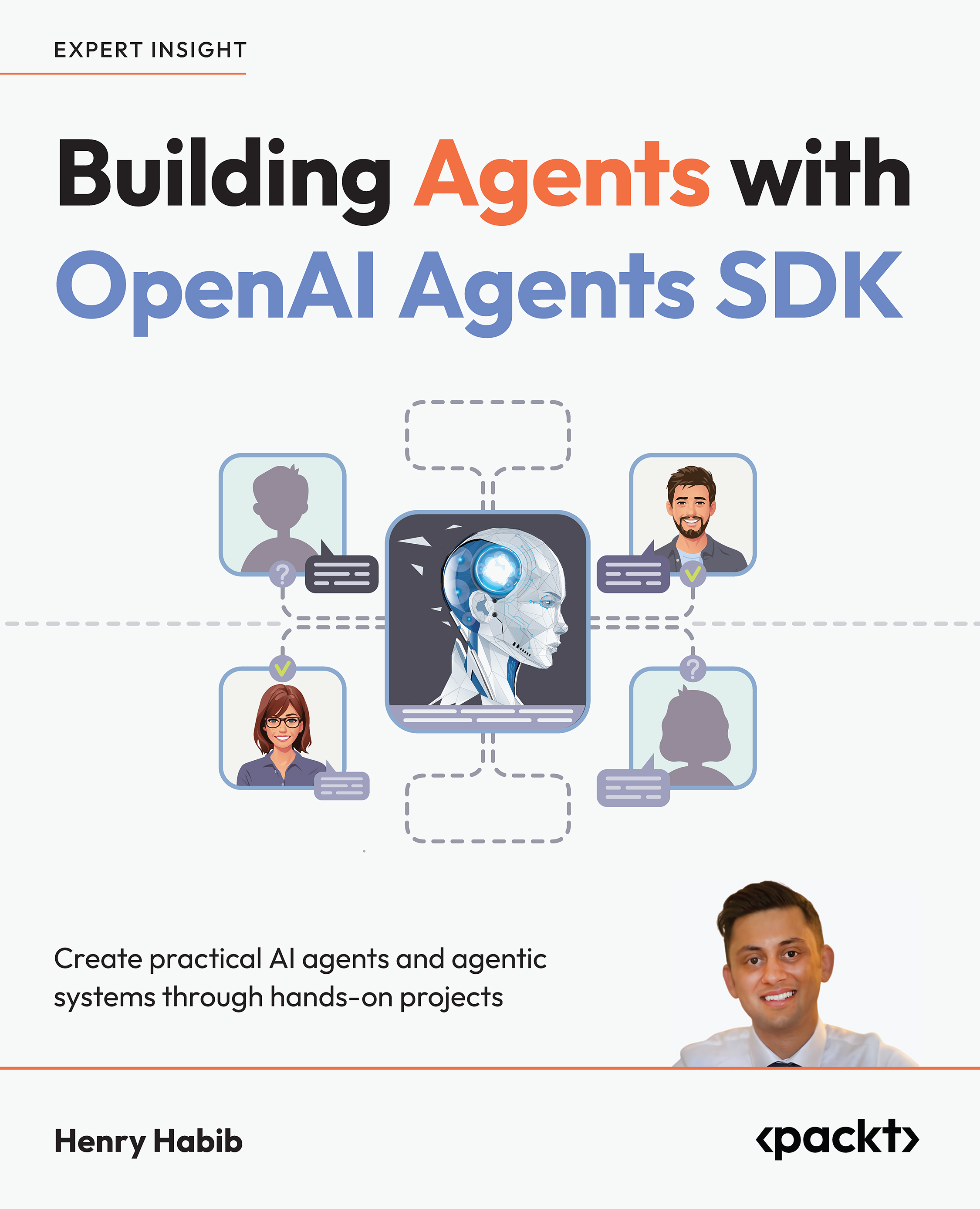(For more resources related to this topic, see here.)
Node.js is an open source platform that allows you to build fast and scalable network applications using JavaScript. Node.js is built on top of V8, a modern JavaScript virtual machine that powers Google's Chrome web browser.
Node.js uses an event-driven, non-blocking I/O model that makes it lightweight and efficient.Node.js can handle multiple concurrent network connections with little overhead, making it ideal for data-intensive, real-time applications.
With Node.js, you can build many kinds of networked applications. For instance, you can use it to build a web application service, an HTTP proxy, a DNS server, an SMTP server, an IRC server, and basically any kind of process that is network intensive.
You program Node.js using JavaScript, which is the language that powers the Web. JavaScript is a powerful language that, when mastered, makes writing networked, event-driven applications fun and easy.
Unlock access to the largest independent learning library in Tech for FREE!
Get unlimited access to 7500+ expert-authored eBooks and video courses covering every tech area you can think of.
Renews at AU $19.99/month. Cancel anytime
Node.js recognizes streams that are resistant to precarious network conditions and misbehaving clients. For instance, mobile clients are notoriously famous for having large latency network connections, which can put a big burden on servers by keeping around lots of connections and outstanding requests. By using streaming to handle data, you can use Node.js to control incoming and outgoing streams and enable your service to survive.
Also, Node.js makes it easy for you to use third-party open source modules. By using Node Package Manager (NPM), you can easily install, manage, and use any of the several modules contained in a big and growing repository. NPM also allows you to manage the modules your application depends on in an isolated way, allowing different applications installed in the same machine to depend on different versions of the same module without originating a conflict, for instance. Given the way it's designed, NPM even allows different versions of the same module to coexist in the same application.
Summary
In this article, we learned that Node.js uses an event-driven, non-blocking I/O mode and can handle multiple concurrent network connections with little overhead.
Resources for Article :
Further resources on this subject:
 United States
United States
 Great Britain
Great Britain
 India
India
 Germany
Germany
 France
France
 Canada
Canada
 Russia
Russia
 Spain
Spain
 Brazil
Brazil
 Australia
Australia
 South Africa
South Africa
 Thailand
Thailand
 Ukraine
Ukraine
 Switzerland
Switzerland
 Slovakia
Slovakia
 Luxembourg
Luxembourg
 Hungary
Hungary
 Romania
Romania
 Denmark
Denmark
 Ireland
Ireland
 Estonia
Estonia
 Belgium
Belgium
 Italy
Italy
 Finland
Finland
 Cyprus
Cyprus
 Lithuania
Lithuania
 Latvia
Latvia
 Malta
Malta
 Netherlands
Netherlands
 Portugal
Portugal
 Slovenia
Slovenia
 Sweden
Sweden
 Argentina
Argentina
 Colombia
Colombia
 Ecuador
Ecuador
 Indonesia
Indonesia
 Mexico
Mexico
 New Zealand
New Zealand
 Norway
Norway
 South Korea
South Korea
 Taiwan
Taiwan
 Turkey
Turkey
 Czechia
Czechia
 Austria
Austria
 Greece
Greece
 Isle of Man
Isle of Man
 Bulgaria
Bulgaria
 Japan
Japan
 Philippines
Philippines
 Poland
Poland
 Singapore
Singapore
 Egypt
Egypt
 Chile
Chile
 Malaysia
Malaysia













